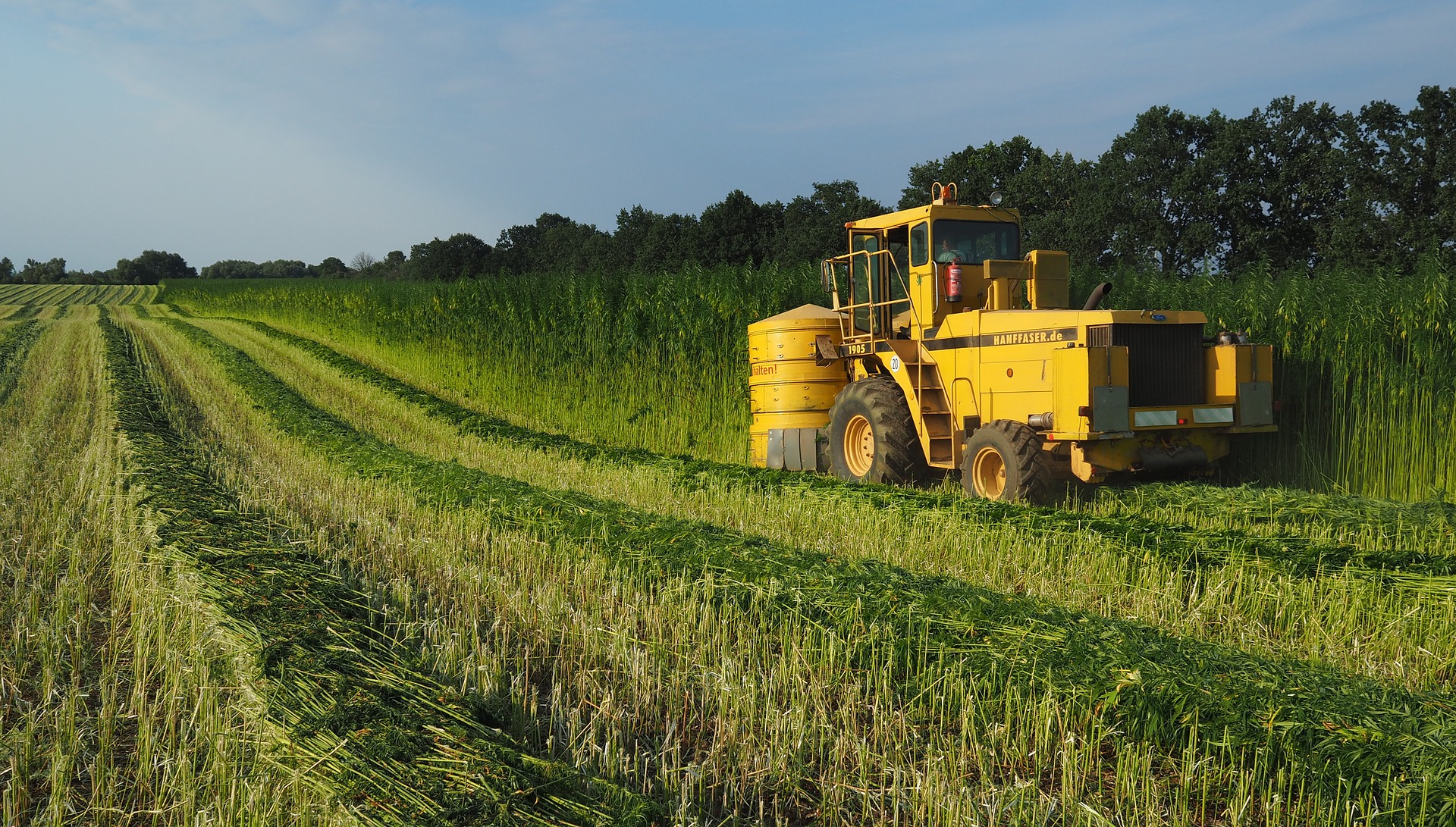Samantha Capaldo is a law student at Drake University Law School. She is a guest contributor to this blog.
On July 28, the House Agriculture Subcommittee on Biotechnology, Horticulture, and Research held the first committee hearing on challenges facing the hemp industry and how the 2023 Farm Bill can address those concerns through the Hemp Production Program.
Chairperson Plaskett opened the hearing by discussing the history of Farm Bill hemp regulations in the United States. The 2014 Farm Bill removed federal hemp production and cultivation restrictions and defined industrial hemp. The Congressional Research Service published a report that details the history of hemp regulations in the United States. The Bill allowed state agriculture departments and institutions of higher education to produce hemp for research purposes only. The 2018 Farm Bill allowed commercial facilities to grow hemp and established the USDA Hemp Production Program. Ranking Member Baird noted that the panel did not include representation from all the federal agencies that regulate hemp and encouraged future hearings on hemp to include representation from these agencies. The purpose of this hearing was to learn from producers, researchers, tribal members, state agriculture directors, and commissioners about how the 2023 Farm Bill can address the needs of the hemp industry.
The panel included five witnesses who each communicated similar challenges facing the hemp industry. Two of the witnesses were state Commissioners of Agriculture. They both recognized an increase in production after the 2018 Farm Bill. However, due to oversaturation in the market, limited demand, and a limited supply chain related explicitly to processing and manufacturing, production decreased from 2020 to 2021. One of the witnesses also noted that a lack of a regulatory framework for USDA and FDA had created burdens on the producer because of sampling and testing fees, lack of DEA-approved testing facilities, background-check requirements, and duplicative FSA acreage reporting.
The panel also discussed opportunities for Congress to consider in the 2023 Farm Bill. One witness discussed how hemp could be used to fight the climate crisis. The witness explained that the core part of the hemp plant is carbon negative and can be used to replace existing petroleum-based supply chain materials worldwide. Hemp can also be used for mine site remediation to put nutrients back into the soil. One of the witnesses noted that the Farm Bill could provide additional opportunities directly related to hemp to support climate-smart agriculture production to create sustainable marketplaces. Another witness discussed the possibility of this Farm Bill to remove some of the regulatory obstacles by eliminating the ten-year ban on people with drug felonies from producing hemp, increasing the allowable THC level, and removing the requirement to use a DEA-certified testing lab. A common theme of the hearing was discussing how to promote access to markets and USDA grants for socially disadvantaged farmers and ranchers. One of the witnesses noted an underrepresentation of women, especially women of color, in funding given by the USDA in the form of grants. She discussed targeted recruitment, outreach, training, and business development to provide opportunities for competitive applications to these USDA programs.
More details on the USDA Hemp Production Program can be found here, and the live stream from the hearing can be found here.
The views and opinions expressed on the FBLE Blog are those of the authors and do not necessarily reflect the official policy or position of FBLE. While we review posts for accuracy, we cannot guarantee the reliability and completeness of any legal analysis presented; posts on this Blog do not constitute legal advice. If you discover an error, please reach out to contact@farmbilllaw.org.


